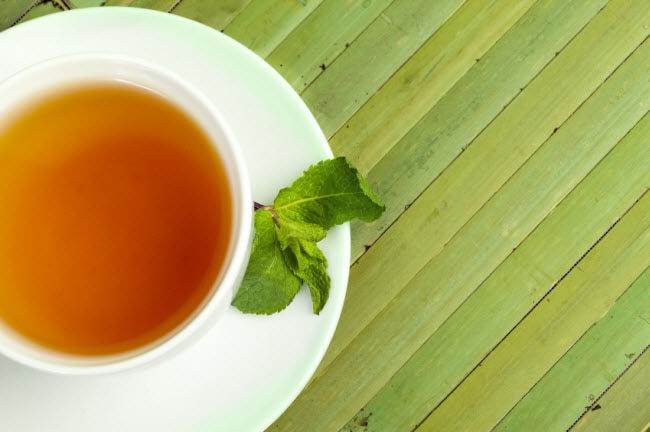Did you know that the average adult body is home to more than 100 trillion bacteria? Each one of us has a “garden” growing in our mucous membranes; we play host to many different kinds of bacteria and yeast — and it’s important to keep this garden growing optimally to have good overall health.

There are friendly and unfriendly types of bacteria and yeast. The friendly types help us detoxify environmental toxins, make vitamins and break down compounds that are bad for your health. They also play a role in your overall immune health. The unfriendly ones, when in excess, can lead to a number of health issues like vaginal infections due to yeast or bacterial overgrowth, sinus infections, dental issues, and digestive symptoms such as gas, bloating, diarrhea and constipation.
To support healthy flora levels in your body, here are some natural approaches you can take:
1. Make dietary changes favoring a higher protein, higher vegetable and lower carbohydrate intake. Eating sugar feeds yeast and abnormal bacteria, so avoiding sweets and excessive amounts of fruit is recommended. (Note that alcohol is a major source of sugar.)
2. Drink pau d’arco tea, a tea that may help maintain digestive balance.*
3. Take a supplement that contains Saccromyces boulardii, a friendly yeast that can help discourage unfriendly yeast from proliferating.*
4. Consume botanicals with natural antibacterial and antifungal properties, such as garlic and oregano oil – both of which are available in supplement form.*
5. Ingest multi-strain probiotics that contain Lactobacilli acidophilus (L. acidophilus) and bifidobacteria (B. bifidum, B. breve, B. infantis, B. lactis, B. longum) to help maintain healthy intestinal flora. Taking these “friendly” flora as supplements can help discourage unfriendly flora by supporting normal intestinal health.*
*These statements have not been evaluated by the FDA. These products are not intended to diagnose, treat, cure or prevent any disease.
